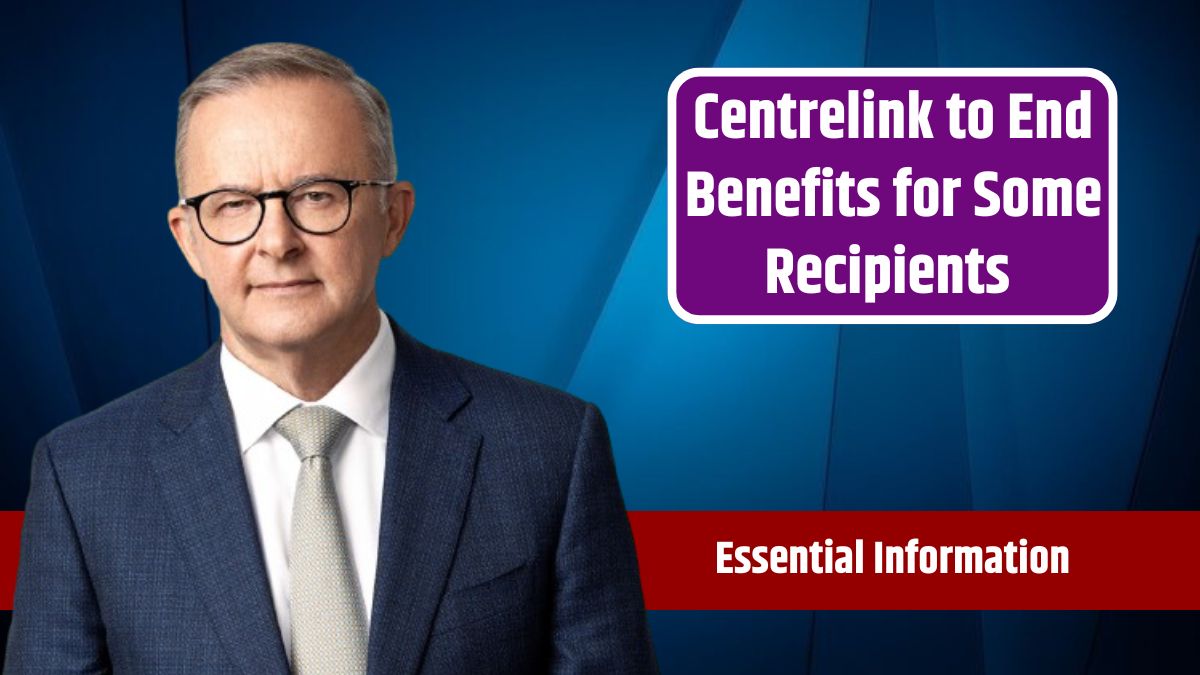Centrelink plays a critical role in providing financial support to individuals and families in Australia who are facing financial hardship. However, to ensure that the benefits are directed to those who genuinely need them, Centrelink enforces strict eligibility criteria. If these criteria are not met, Centrelink has the authority to cancel benefit payments. In this article, we’ll investigate the key reasons why Centrelink may cancel your benefit payments and what you can do to avoid this situation.
Cancels Benefit Payments
Before we dive into specific reasons for payment cancellations, it’s essential to know the core principles that govern Centrelink’s operations. The primary factors that determine your eligibility for Centrelink benefits include your income, assets, and compliance with work or study requirements. Any discrepancies or failures in these areas can lead to payment reductions, suspensions, or outright cancellations.
1. Misleading Information
Providing inaccurate or incomplete information to Centrelink is one of the most common reasons for payment cancellation. When you apply for benefits, you are required to disclose details about your income, assets, employment, and study status. If Centrelink discovers that you have provided false information—whether intentionally or unintentionally—you could face severe consequences. These may include the suspension of your payments, recovery of overpaid benefits, or even legal action that could result in criminal charges.
2. Failure to Report Changes
Your financial situation and living arrangements can change over time, and it’s crucial to keep Centrelink informed of these changes. Whether it’s an increase in income, a change in your living situation, or starting a new job, failing to report such changes can lead to overpayments. If you receive more benefits than you are entitled to, Centrelink may require you to repay the excess amount, and in some cases, this can result in the cancellation of your payments.
3. Not Meeting Work
Many Centrelink benefits come with specific work or study obligations. For example, certain unemployment benefits require you to actively seek employment or participate in approved training programs. If you fail to meet these obligations without a valid reason, Centrelink may suspend or cancel your payments. It’s important to understand the requirements associated with your benefit and ensure that you are in compliance to avoid any interruptions in your payments.
4. Debt Recovery
If you owe money to Centrelink, your benefit payments may be reduced or withheld to recover the debt. This can include overpayments that you were not entitled to, unpaid fines, or other debts owed to the government. Debt recovery is a common reason for payment adjustments, and in some cases, it can lead to the cancellation of your benefits until the debt is cleared.
5. Fraud
Centrelink takes fraud very seriously, and engaging in fraudulent activities can have severe consequences. Fraud may include claiming benefits that you are not entitled to, falsifying documents, or failing to disclose essential information. If you are caught committing fraud, you could face penalties ranging from payment cancellations and debt recovery to imprisonment. Centrelink has robust systems in place to detect and prevent fraud, so it’s crucial to be honest and transparent in your dealings.
6. Overseas Travel
If you plan to travel overseas while receiving Centrelink benefits, you must be aware of the rules governing such travel. Depending on the type of benefit you receive, your payments may be affected if you travel abroad for an extended period. In some cases, your payments may be suspended or canceled if you fail to notify Centrelink of your travel plans or if your absence exceeds the allowable time limit.
Centrelink Benefits
To ensure that you continue receiving your Centrelink benefits without interruption, it’s essential to adhere to the following guidelines:
- Provide Accurate Information: Always submit truthful and complete information when dealing with Centrelink.
- Report Changes Promptly: Notify Centrelink immediately of any changes to your income, living arrangements, or employment status.
- Understand Your Obligations: Familiarize yourself with the work or study requirements associated with your benefit and ensure you meet them.
- Keep Records: Maintain detailed records of your income, expenses, and any communications with Centrelink.
- Seek Professional Advice: If you are unsure about any aspect of your Centrelink claim or entitlements, consider consulting a qualified professional.
If your Centrelink payment has been canceled and you believe it was done in error, you have the right to appeal the decision. It’s important to act quickly and follow the appropriate procedures to ensure your appeal is heard.
Final Thoughts
Centrelink benefits provide essential support to those in need, but it’s crucial to comply with the eligibility criteria to avoid payment cancellations. By staying informed, reporting changes promptly, and fulfilling your obligations, you can protect your benefits and ensure that you continue receiving the financial support you need.
FAQs
What happens if I provide false information to Centrelink?
You could face payment cancellation, debt recovery, or even criminal charges.
How do I report changes in my circumstances to Centrelink?
You can report changes online through your Centrelink account or by contacting Centrelink directly.
What are the consequences of not meeting work or study obligations?
Your payments may be suspended or canceled if you fail to meet these requirements.
Can Centrelink cancel my payments if I owe them money?
Yes, Centrelink can withhold or reduce your payments to recover any debts owed.
What should I do if my Centrelink payment is canceled?
You can appeal the decision by following the appropriate procedures and providing any necessary documentation.
